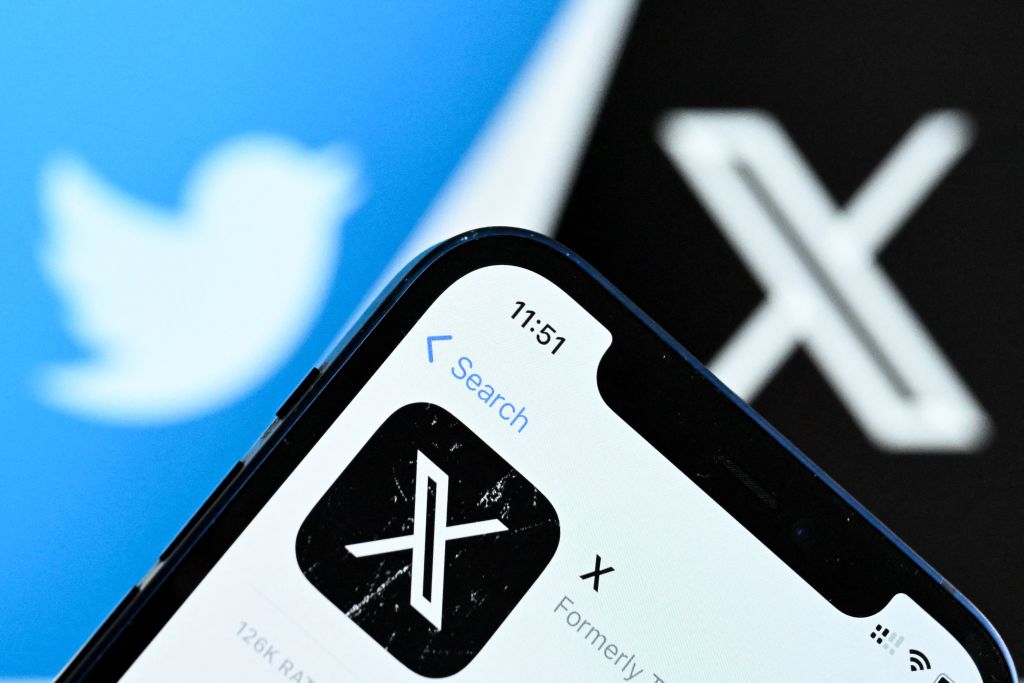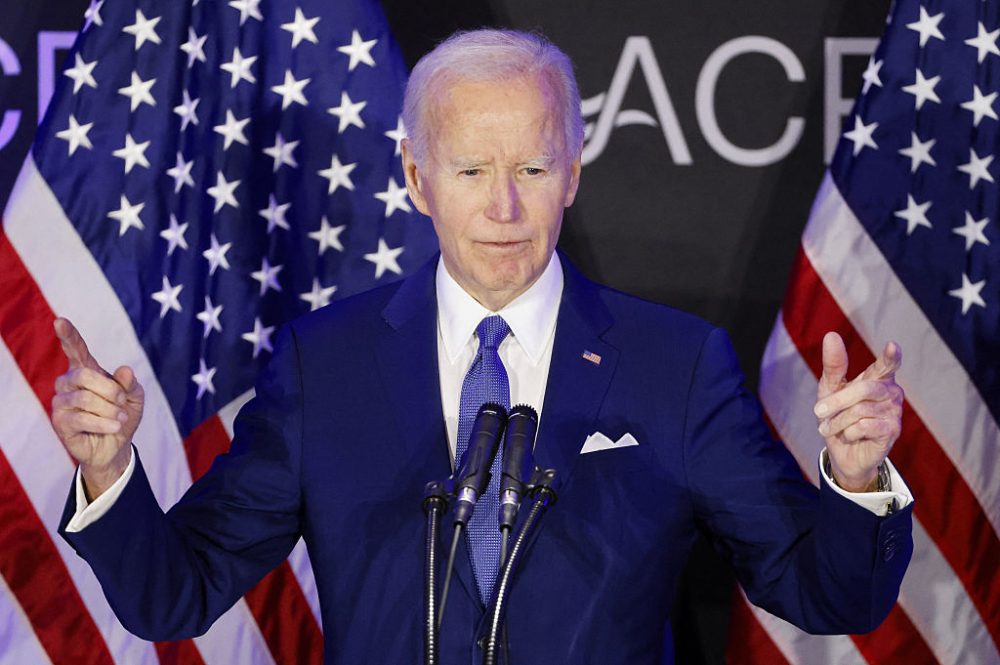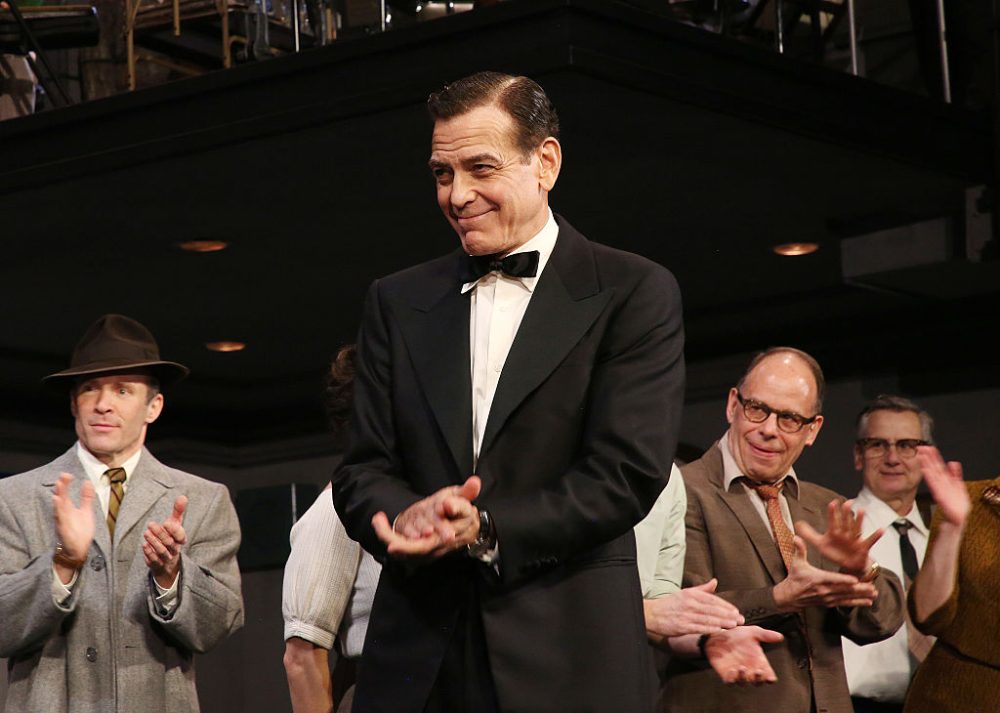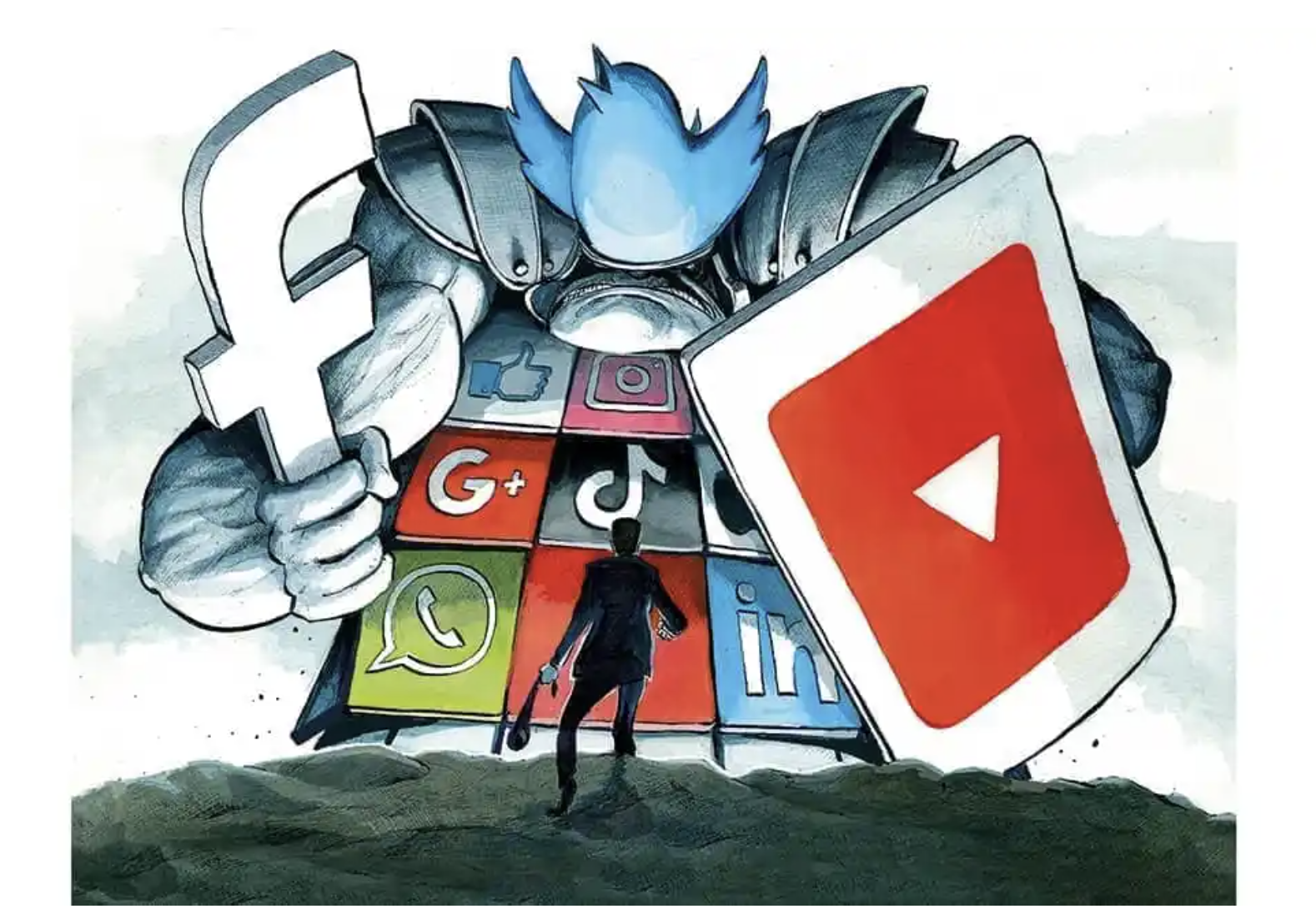My path to “media personality” (puke) and cultural commentator was not the usual one. I didn’t get a degree in Journalism or Broadcast Journalism or Communications. I didn’t go to Harvard or Columbia or Syracuse or Yale. In fact, I didn’t get a degree at all. This sets me apart from almost everyone in old-guard media — and were it not for new media and more importantly, social media, I would still probably be excluded by most of the establishment gatekeepers.
Our mainstream media and late-night television rooms are dominated by people who went to Ivy League schools. The Harvard Lampoon guys. The Columbia School of Journalism kids. People with parents who could not only afford to pay for their educations but also an apartment in New York City while they interned at the Wall Street Journal or the New York Times or NBC.
When I emerged onto Twitter (now X) and started taking part in the slick, fast-paced Virtual Discourse sometime in 2015, I felt like I was driving a jalopy on a freeway filled with Teslas. My first gig was as a columnist for Playboy and I had a lot of catching up to do. There was an entirely new lexicon that I simply didn’t know. It seemed a combination of academic mumbo jumbo (which I would come to find out was “social-justice terminology”) mixed with made-up words, sprinkled with the language of therapy. Cisgender. Intersectionality. Micro-aggression. Anti-racism. White fragility. Ableism. Nonbinary. Latinx. Problematic. Safe space.
As millennials came of age, they brought this new language and the accompanying ideas from the confines of academia and Tumblr blogs into HR departments, marketing agencies, newsrooms and TV writers’ rooms. Indoctrinated “middlethem” with no real skills created positions and specified language and rules to ensure they would always have jobs as “experts.”
Online I was constantly told to “do better” and “educate” myself. I honestly had no idea what anyone was talking about 90 percent of the time. No one I was waiting tables with knew either. We just knew that our new young manager didn’t want us to use “gendered” language when greeting our customers anymore. No more “Hey, guys!” Now we were supposed to say, “Hello, friends!” This sounded ridiculous to me, but I was slinging French fries, so whatever.
Donald Trump’s 2016 presidential win only served as proof for many that we live in a white, patriarchal, heteronormative, racist, sexist, misogynistic, colonizing, oppressor country and all hell broke loose in the culture. (Remember the pussy hats? That was weird.) Folks were disowning their parents. “Keyboard warriors” started “canceling” people in knitting circles and book clubs.
How and why did this madness take hold? Many thinkers and writers and podcasters have done their best to help people navigate the new rules, but when I first encountered Rob Henderson’s concept of “luxury beliefs” in 2019, it was a revelation. He defines them as “ideas and opinions that confer status on the upper class at very little cost, while often inflicting costs on the lower classes.” At last someone had put into context what I could only intuit. More importantly, I actually felt like I could relate to Rob. He had had a hard life, which he documents in greater detail in his new memoir Troubled.
In it he writes, “The chief purpose of luxury beliefs is to indicate the believer’s social class and education. When an affluent person expresses support for defunding the police, drug legalization, open borders, looting, permissive sexual norms, or uses terms like white privilege, they are engaging in a status display. They are trying to tell you, ‘I am a member of the upper class.’”
This was clear to me as a member of the working class at the time I began writing my Playboy column. My educated friends were calling for open borders. The bussers I worked with wanted no such thing. Limousine liberals were screaming “defund the police” from the safety of their gated communities. Fancy folks in the Palisades would repeat the mantra that “sex work is work” but they would never encourage their daughter to start stripping. They’d much rather buy her a place at USC.
Newsweek’s Batya Ungar-Sargon documents this “status revolution” in her 2021 book, Bad News: How Woke Media Is Undermining Democracy. She wrote of how today’s elites “needed a way to be perpetually on what they saw as the right side of history without having to disrupt what was right for them and their children. A moral panic around race was the perfect solution: it took the guilt that they should have felt around their economic good fortune and political power — which they could have shared with the less fortunate had they cared to — and displaced it onto their whiteness, an immutable characteristic that they could do absolutely nothing to change.”
I kept hearing over and over again that “representation matters” and yet for all the lip service given to that idea, few in establishment media seem to care whether people of all colors who sling burgers and stock shelves and deliver food are represented too. Except for when they curl up on the couch to watch The Bear, of course.
This article was originally published in The Spectator’s March 2024 World edition.


























Leave a Reply